Like humans, cats experience different stages of sleep that include light sleep, deep sleep, and rapid eye movement (REM) sleep. During REM sleep, it is believed that humans and other mammals, including cats, experience dreams. Since a significant portion of a cat’s sleep is REM sleep, it stands to reason that they may indeed be dreaming during this time.
The Role of REM Sleep
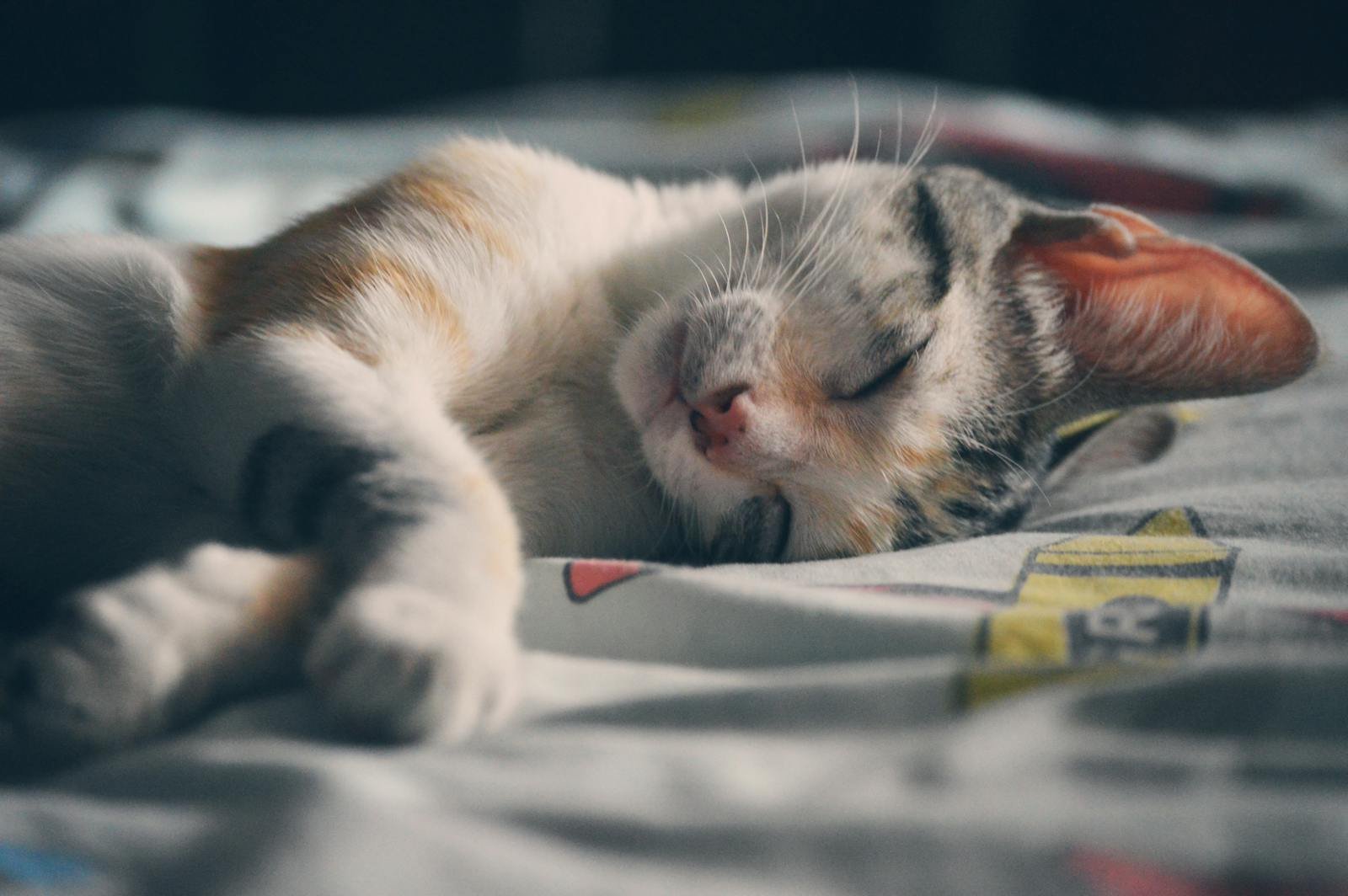
REM sleep is the phase of the sleep cycle most associated with dreaming. It is characterized by rapid movement of the eyes under the lids, increased brain activity, and temporary muscle paralysis. During REM sleep, the brain is active, processing emotions, information, and memories. This is why many experts suggest that cats, during their own REM sleep phases, may experience dreams similar to humans.
Linking Sleep Behavior to Hunting Instincts
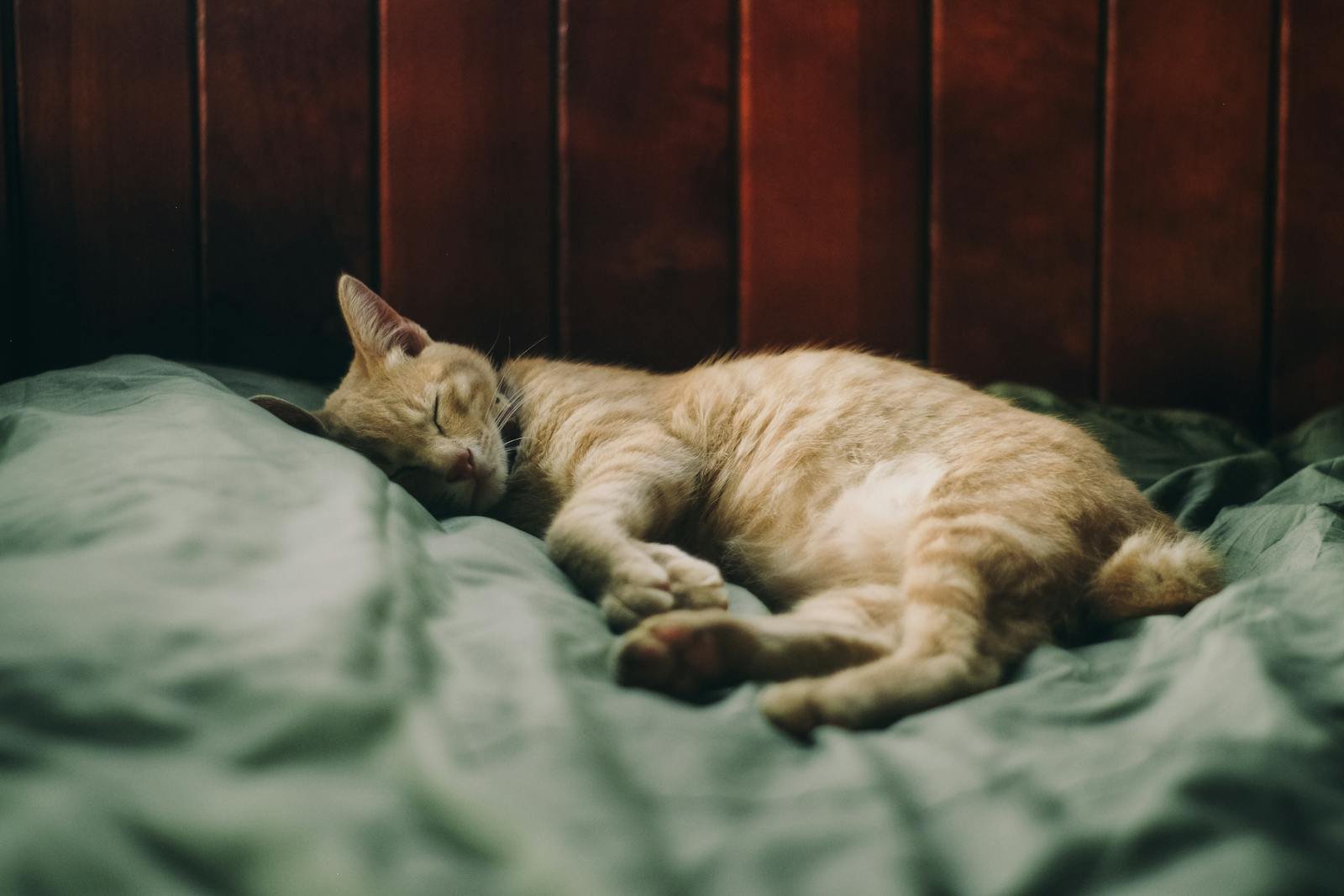
Cats are natural-born hunters, and their instinctual behaviors are hardwired into their brains. Observing a cat while it sleeps often reveals twitching whiskers, moving paws, or even a flicking tail, all of which could signal that the cat is dreaming about chasing prey or engaging in other hunting-related activities.
Scientific Studies on Animal Dreams
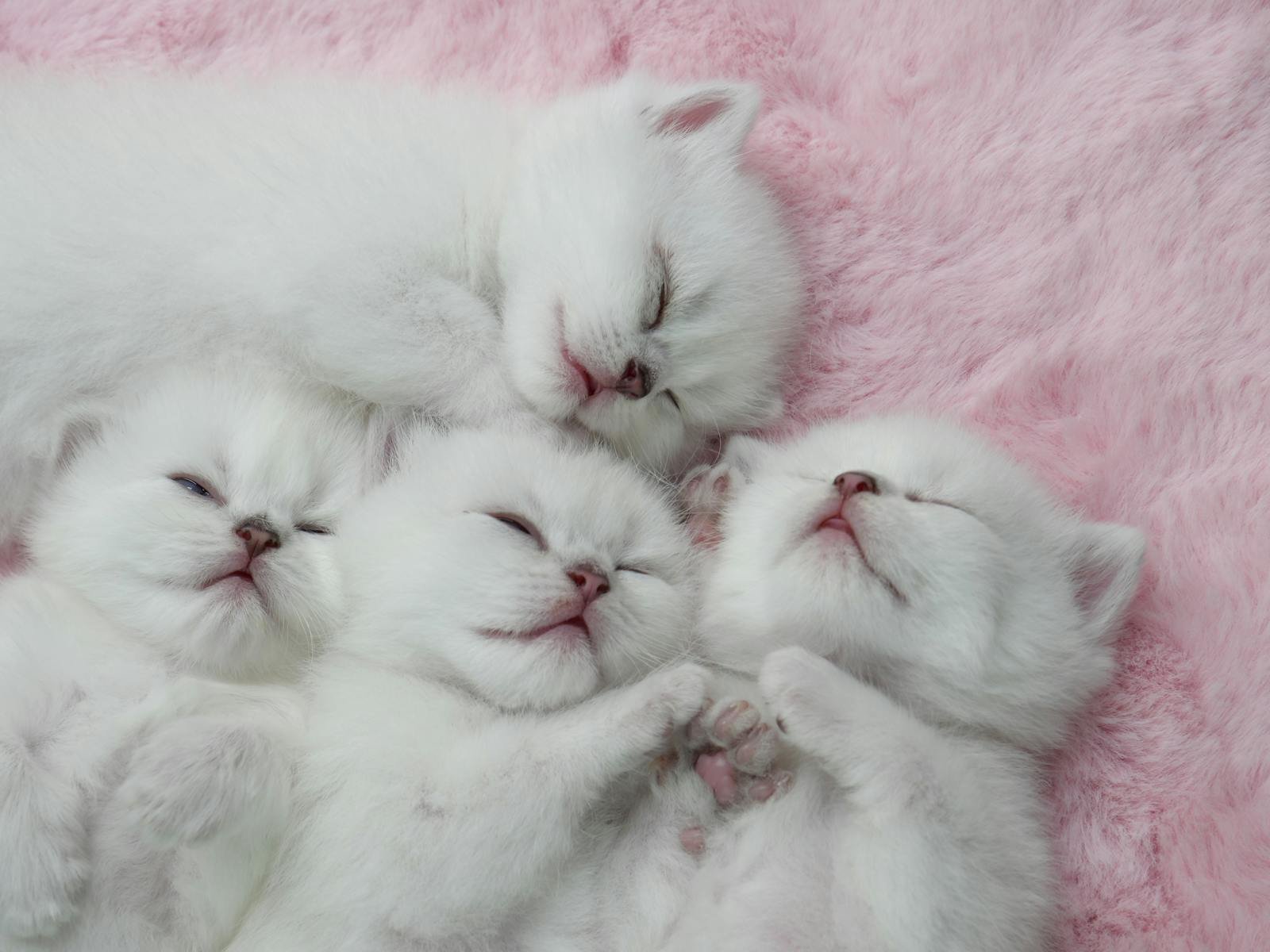
Recent studies on animal dreams provide compelling evidence that animals, including cats, do indeed dream. Researchers have discovered that the brain activities of sleeping animals often mirror those that occur when they are awake, implying that their dreams may involve activities they engage in during their waking hours, such as hunting in cats.
The Neural Network Behind Dreams
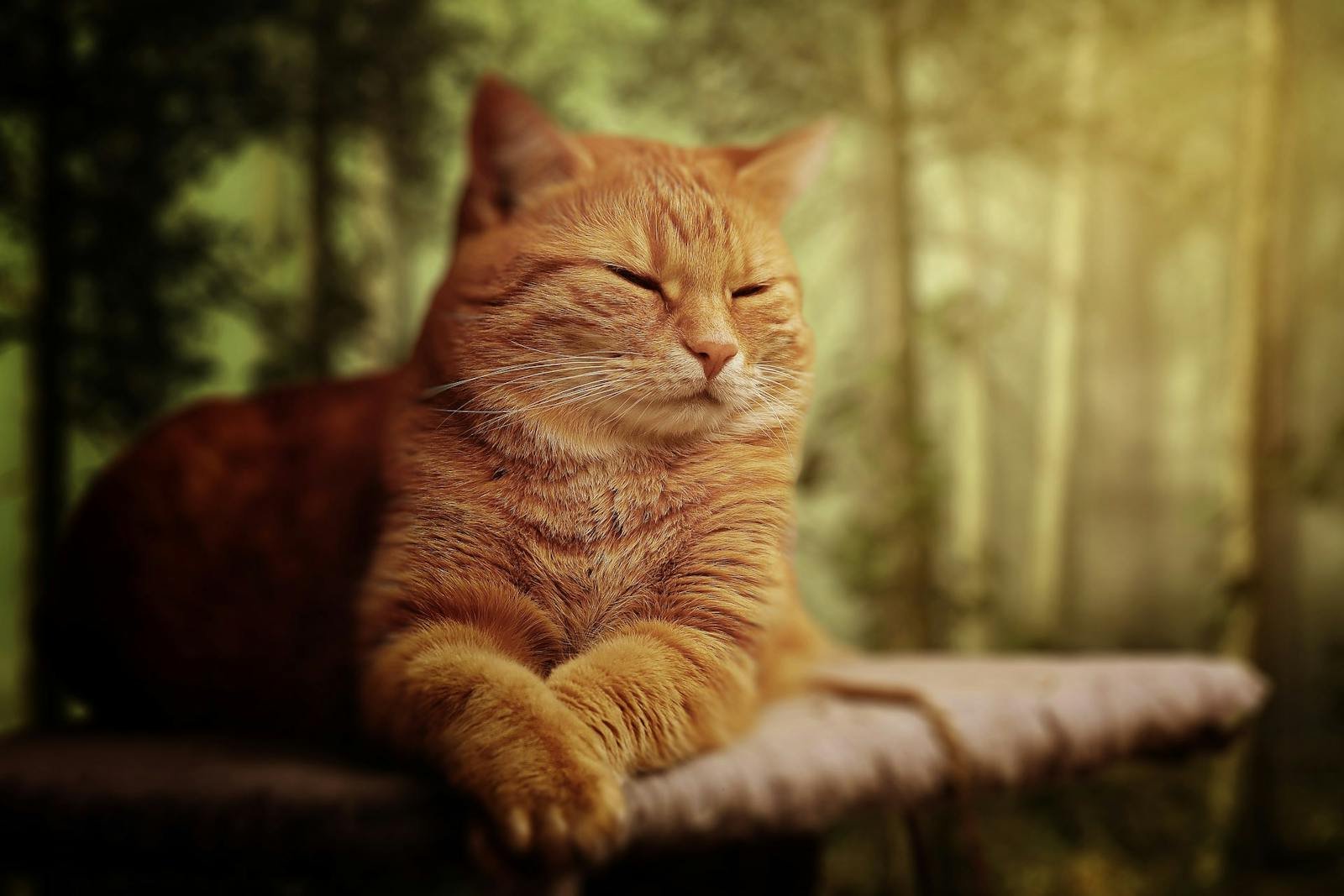
The brain’s pons, a structure involved in sleep regulation, plays a crucial role in both human and animal dreams. It not only controls sleep cycles but also prevents us from physically acting out our dreams. For cats, this neurological function suggests that their dreams, though not acted out in reality, could revolve around instinctual activities like hunting.
Human Observations of Sleeping Cats
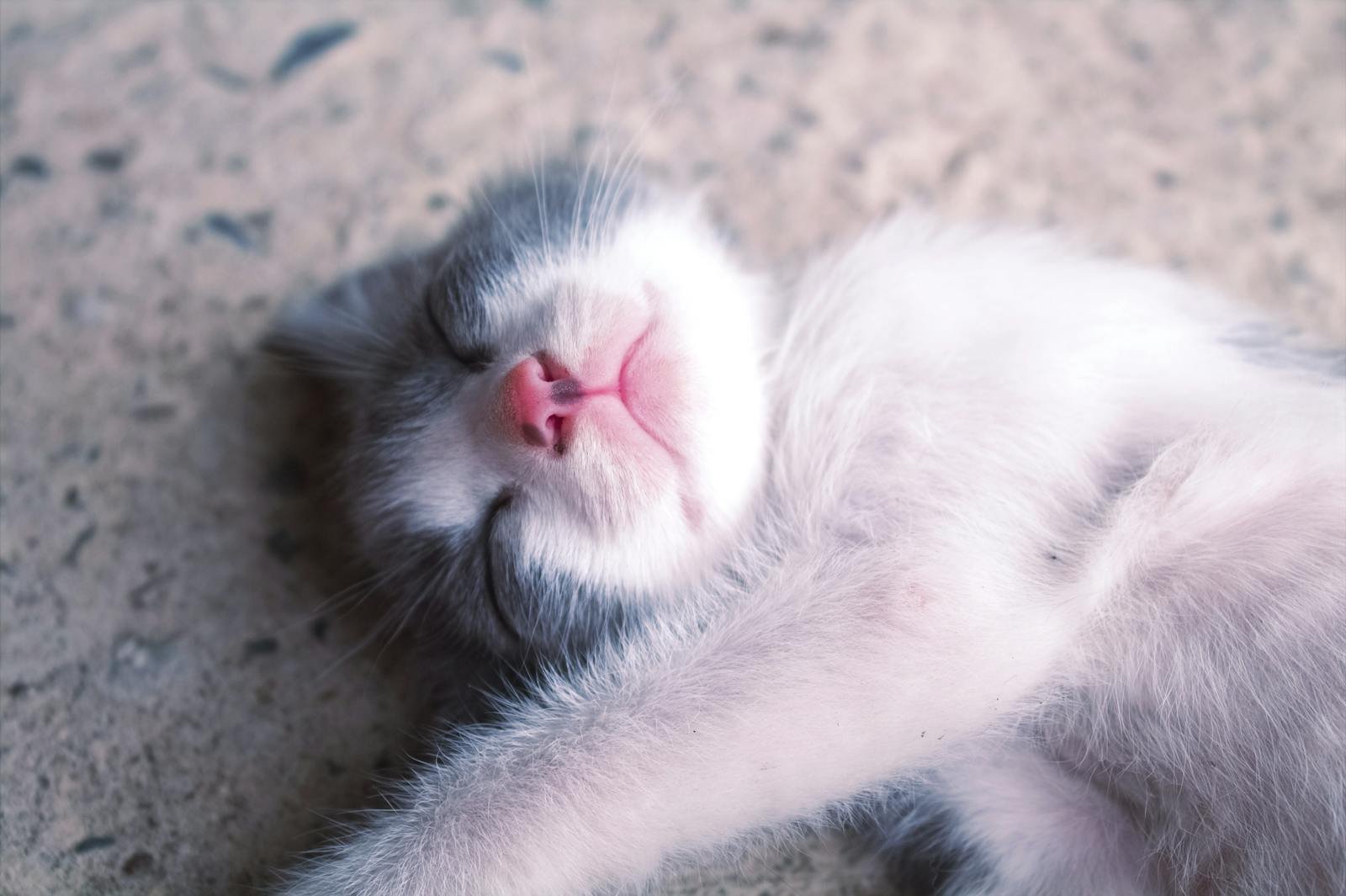
Cats can often be observed twitching, paddling, or making small vocalizations in their sleep. These behaviors parallel the activities of hunting, such as stalking or pouncing. Such movements strongly suggest that they are replaying predatory actions in their dream state, further supporting the idea that cats dream about hunting.
Dreams and Survival Mechanisms
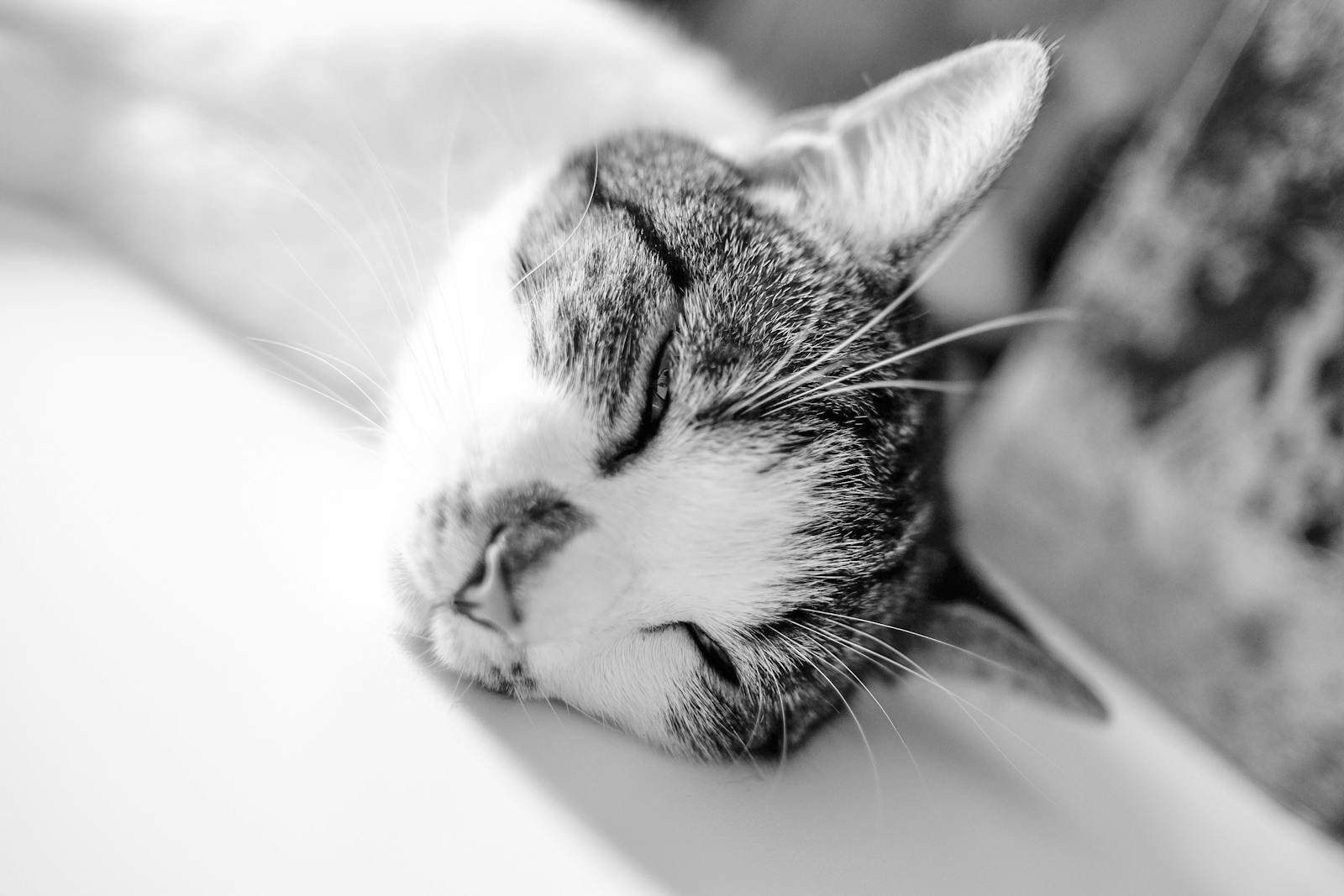
Dreaming may serve as a mechanism for practicing survival skills. Since hunting is crucial to a cat’s survival, it makes sense that their dreams might include scenarios where they are honing these skills. This could be especially true for young kittens learning the art of hunting or for older cats maintaining their reflexes.
Variations in Cat Dreams
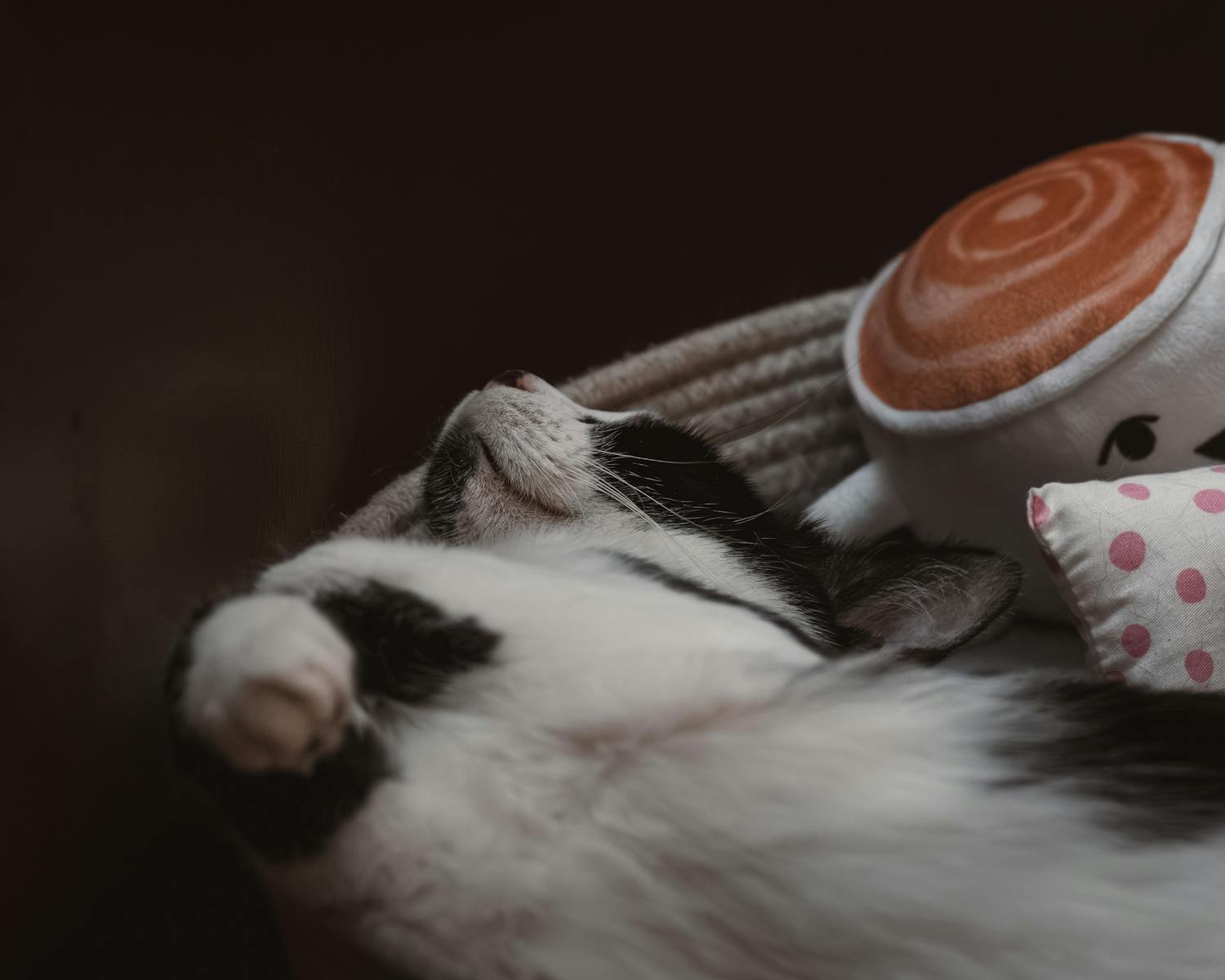
Given the diverse experiences and environments of domestic versus wild cats, the content of their dreams might vary. Wild cats may dream more vividly about real hunting scenarios, while domestic cats could have dreams influenced by less intensive hunting games and interactions with their human companions.
Implications of Dreaming on Cat Behavior
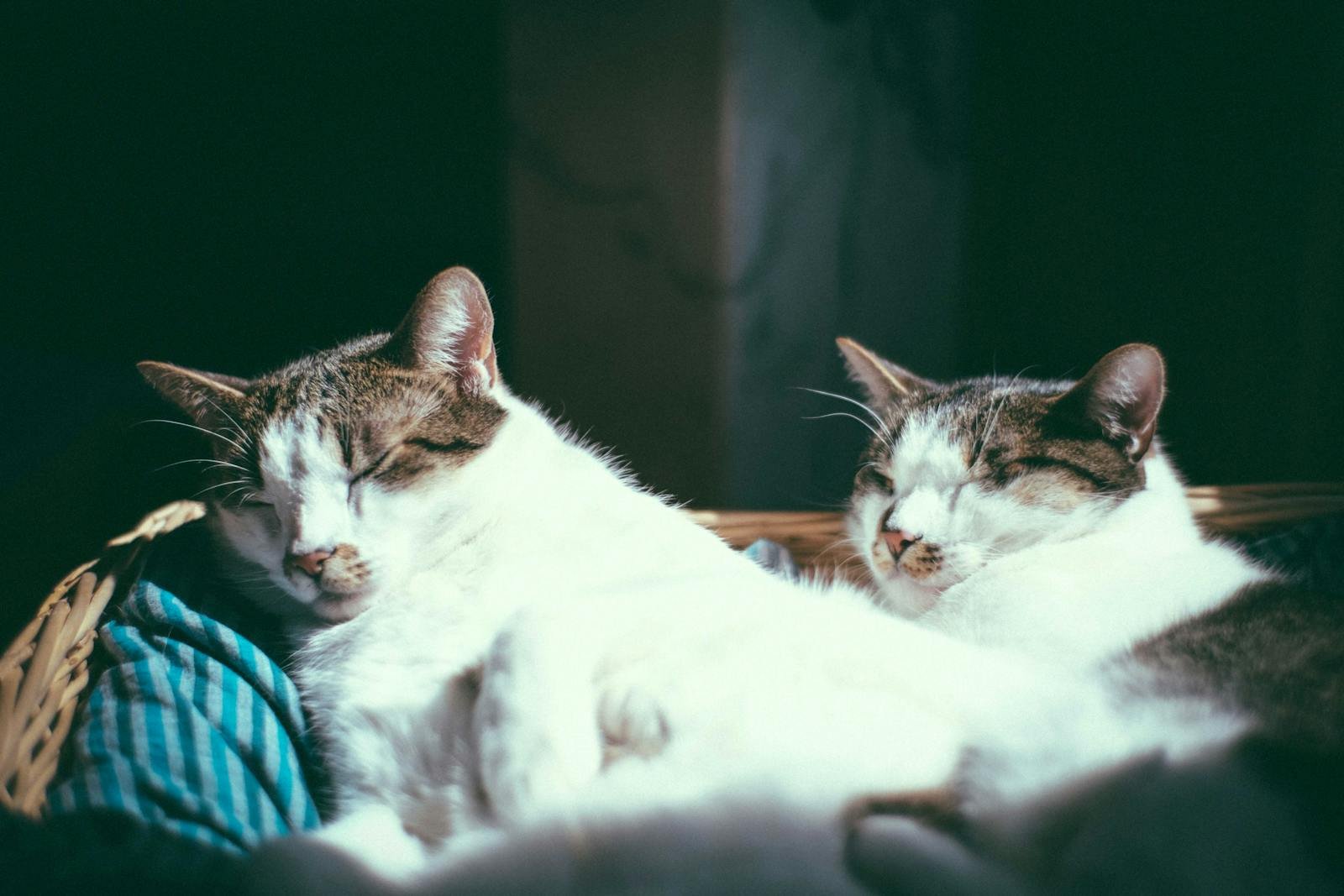
A dreaming cat could wake up feeling stressed if its dreams feature negative or stressful hunting experiences. This can influence their behavior post-waking, making them more alert or anxious. Understanding this can help cat owners better interpret and respond to their pet’s needs and moods.
The Mystery of Animal Consciousness
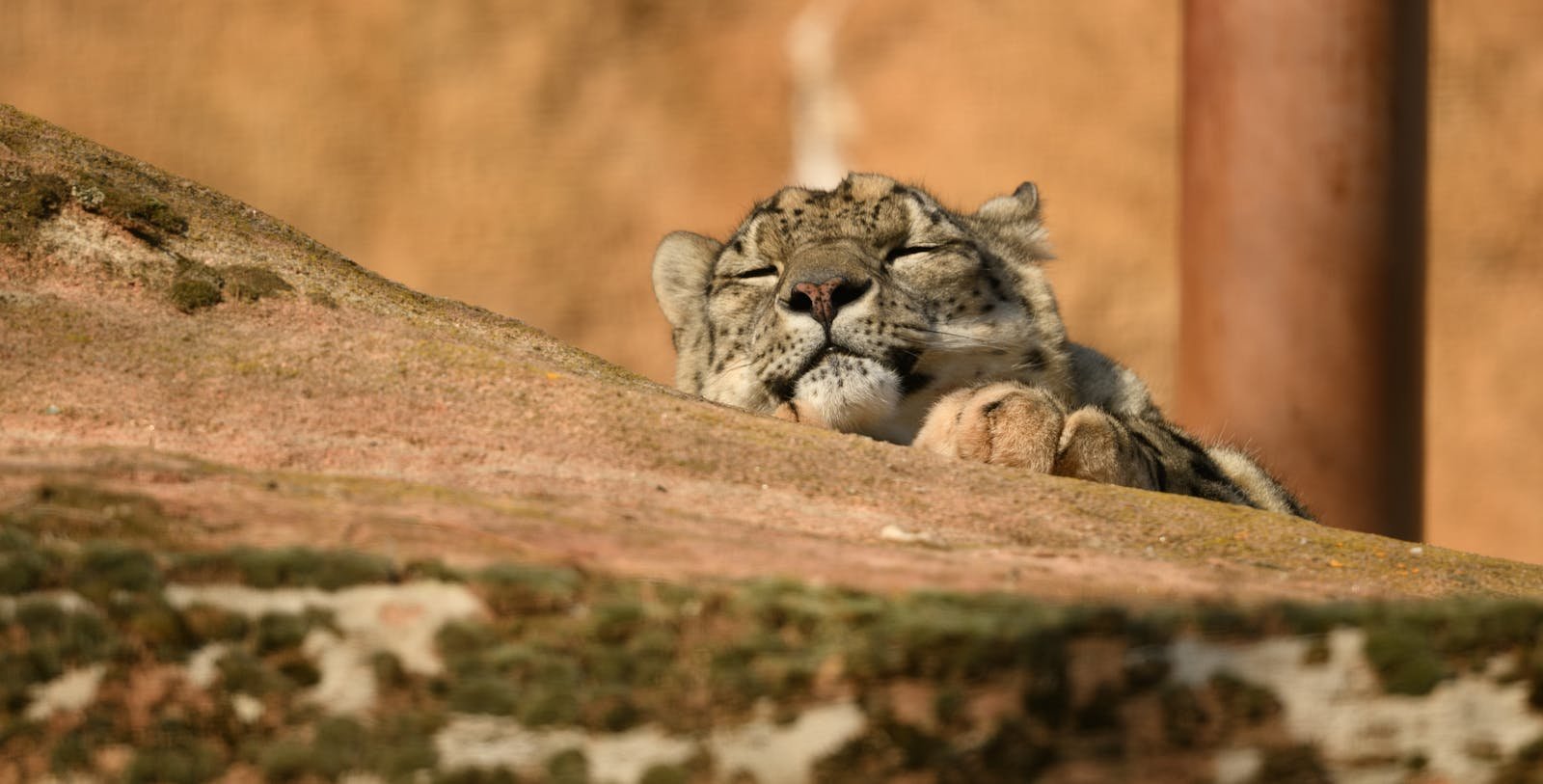
Despite advancements in science, the exact nature of animal dreams is still largely a mystery. While we can observe and analyze behavioral outputs, the subjective experience of dreaming remains elusive. However, the prevailing evidence strongly suggests that hunting dreams are a natural aspect of a cat’s nocturnal imagination.
In conclusion, while we may never fully understand what cats dream about, their instincts and sleep behaviors strongly indicate that hunting scenarios play a significant role. As scientific inquiry into animal consciousness continues, we can only imagine the rich tapestry of dreams our feline companions experience during their slumber.
Hi, I’m Bola, a passionate writer and creative strategist with a knack for crafting compelling content that educates, inspires, and connects. Over the years, I’ve honed my skills across various writing fields, including content creation, copywriting, online course development, and video scriptwriting.
When I’m not at my desk, you’ll find me exploring new ideas, reading books, or brainstorming creative ways to solve challenges. I believe that words have the power to transform, and I’m here to help you leverage that power for success.
Thanks for stopping by, Keep coming to this website to checkout new articles form me. You’d always love it!






